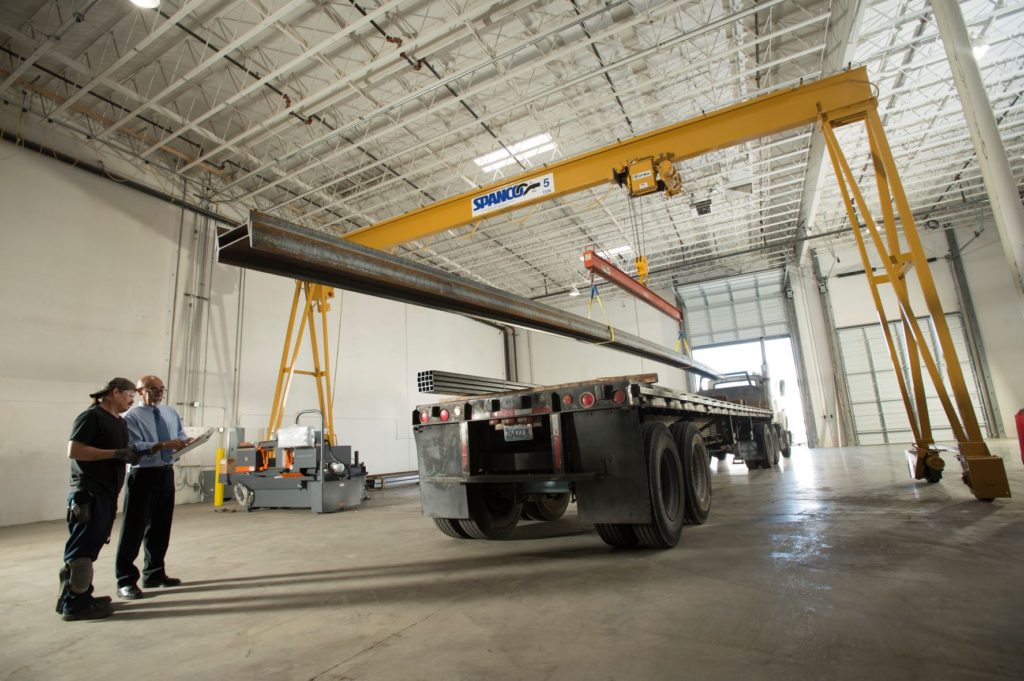
The Importance of Training
Nov 15, 2021
All professions require some amount of job training. For crane operators, there are two types of training that are necessary to be able to perform their job correctly. The first is practical, technical training; this type of training includes operational information, i.e., how to control a crane’s movement and operations. The second type is safety training, which includes how to control the crane to move a load safely around other equipment and personnel.
Both types of training are equally important for crane operators to be able to do their job. Crane operation demands specific knowledge of both the task at hand and the controls for the various functions of a crane. Material handling and lifting operations can also create hazardous conditions, so crane operators must know how to work safely to protect themselves and others around them.
There is also an additional type of training that is crucial for safe crane operation—installation training. When material handling systems are lifting loads from hundreds of pounds to several tons, it is absolutely essential that those systems are installed correctly according to the manufacturer’s specifications. Installation training ensures installers can assemble material handling equipment correctly, so users don’t have to worry about the system’s safety.
Whenever workplace training is required, as in the cases described above, it is the employer’s responsibility to provide training opportunities for their employees. Although initially this responsibility might seem like a burden, there are numerous benefits from providing employee training.
Benefits
Good training provides obvious benefits to workers by helping them to perform their jobs more effectively and safely. There are also benefits for employers who provide training. More measurable benefits include less loss of productivity due to injury and reduced costs related to worker compensation. Safety training that prevents on-the-job injuries can save both time and money for employers.
Less measurable benefits include higher employee satisfaction and prevention of future incidents. Although they can be hard to identify, both of these benefits can make investments in workplace training pay off by helping to maintain high productivity.
When it comes to workplace safety, training is a crucial element in any field. Spanco offers training opportunities for dealers and crane installers to ensure safety is prioritized from the beginning in material handling applications. Crane operators can receive training from organizations approved by the National Commission for the Certification of Crane Operators (NCCCO). Regardless of the industry or application, the importance of workplace training simply can’t be overemphasized.
Categories
Share this post
Contact us
Looking for the perfect fall protection equipment? Let us help!